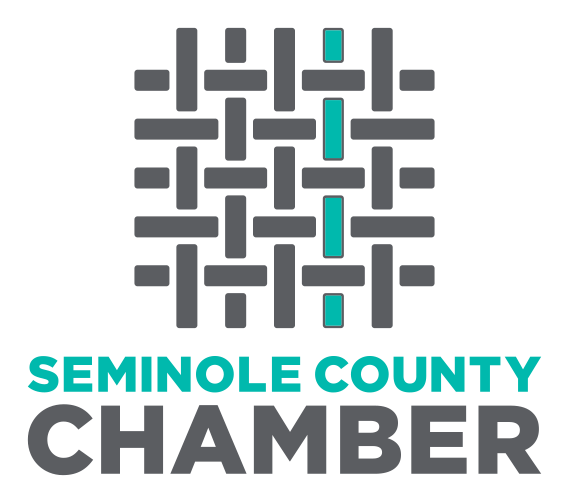The Orlando Law Group is committed to serving businesses and working with them to make them successful. In fact, The Orlando Law Group has always been very entrepreneurial with our founder and attorneys owning multiple businesses in a wide range of industries, not just the legal field.
As the firm’s director of business law services, I’m here to guide our clients throughout their business, from the formation of an idea to a successful exit from the company. Just like all of the attorneys at The Orlando Law Group, I look to be a partner in our clients’ businesses, helping owners avoid costly issues before they become a problem.
Indeed, I look to be that first call (before problems strike) and not the last call (after problems strike).
While every business is different, all business law generally lies in four broad categories:
- Business Formation
- Business Transactions
- Business Management
- Business Transfer
Wherever you are in the lifecycle of your business, The Orlando Law Group is here to help you and provide counsel. But let us take a deeper look at some of the issues you might encounter when a business law attorney is vital.
Business Formation
Have a business idea? Thinking about starting a business? Then reach out to a business law attorney to discuss the right business structure for you.
We talked about business structure in our last article, but let’s go a bit deeper into two of the more common business structures.
Partnerships: Many people have the dream of opening a business with a friend. Perhaps the partnership is with a family member – or a spouse. Forming a partnership is relatively simple – just two or more individuals must agree on the business purpose and how that business achieves that purpose. Although a partnership can be very informal, there are issues that may complicate things. First off, there are a wide range of types of partnerships to consider. Plus, any written partnership agreement (although not required) should clearly outline a significant number of hypothetical situations, like what happens if a partner suddenly dies or there is a divorce. Without a solid legal outline, much larger problems can happen down the road.
Limited Liability Company: This is one of the more popular types of business structures. Despite being more formal than a partnership, LLCs are relatively easy to start. Registering your business and filing Articles of Incorporation with your respective Department of State may be the minimum requirements, but not the only thing that should be done. A limited liability company should also have an operating agreement and other binding agreements in place. By forming an LLC, owners generally avoid personal liability – meaning you are not on the hook for your business’ liability. There are also tax implications a business owner should consult an accountant about before choosing this structure for their business.
At business formation, in addition to identifying the proper business structure, business owners should look at trademarks and copyrights. And, before talking about a business idea, make sure to have a good non-disclosure agreement for other people to adhere to.
The Orlando Law Group
-
Jennifer Englert Schmitt President
- August 21, 2024
- (407) 512-4394
- Send Email



